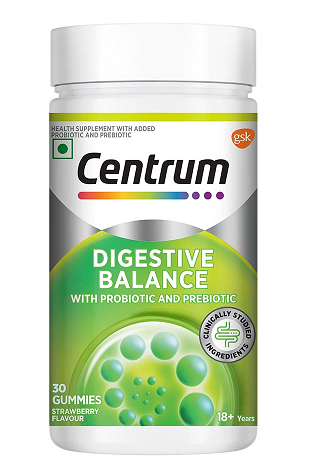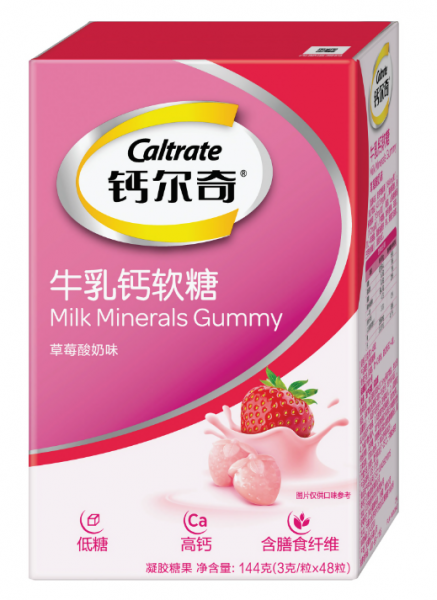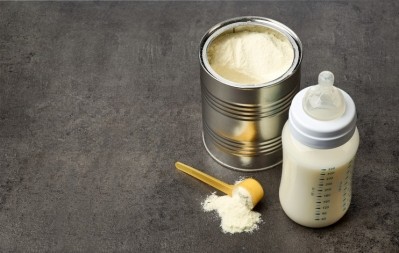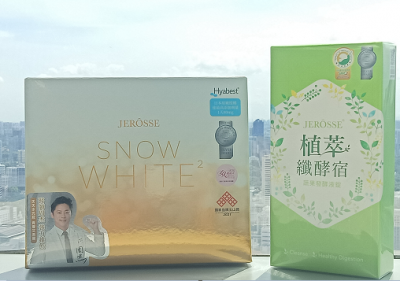Haleon’s first full year results: VMS revenue climbs 20% in SEA, Taiwan, India
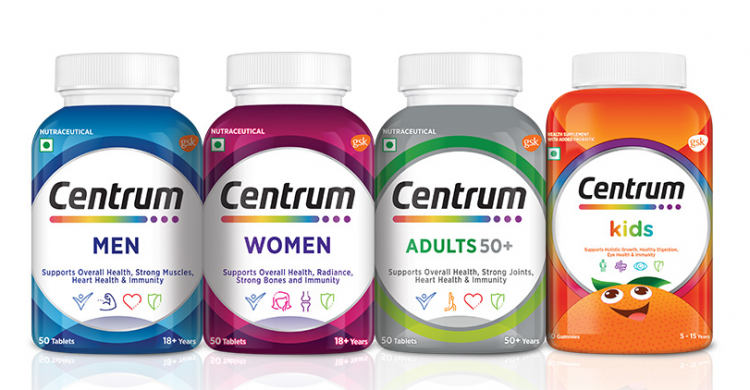
The former consumer health branch of GSK had announced on March 2 its first full year financial results since its separation from the pharmaceutical giant last July.
Its entire vitamins, minerals, and supplements portfolio saw an organic revenue growth of five per cent to GBP$1.68bn (US$2bn) between January and December last year, reported the London Stock Exchange and New York Stock Exchange listed firm.
However, the last two quarters saw organic revenue shrunk 1.4 per cent and 0.7 per cent respectively, which the firm had attributed to “lapping strong demand in 2021 from both Delta and Omicron variants.”
Nonetheless, the firm said that underlying consumption remained broadly steady through the year.
“Our growth over the last three years since 2019 averaged nine per cent CAGR on VMS, which means the business is much bigger than it was pre-COVID and we saw a five per cent growth this year…
“The consumer behaviour is more proactively managing their health is still there and is continuing,” CEO Brian McNamara said in the Q&A conference call post release of the financial results.
APAC performance
In Asia-Pacific, the firm reported high-single digit revenue growth for its VMS portfolio.
Of which, South East Asia, Taiwan, and India have outperformed, with revenue up 20 per cent. Centrum was only launched in India last September.
The range, which is vegetarian, included Centrum Women, Centrum Men, Centrum Adults 50+, and Centrum Kids.
“Centrum for me in India is really a mid-term to long-term play. It is a category that is developing there. We believe that it has huge potential.
“We started with an online launch which we will now move to physical distribution in 2023, and very quickly took a ten share of the category on that online piece,” McNamara said.
Still very optimistic about China
In China, although COVID-19 related lockdowns have affected business, revenue growth from this market still went up by high single digit.
“Revenue in China increased high single digit for the year reflecting softness in the second quarter from Covid related lock downs and a progressive recovery during the second half of the year.
“Caltrate increased mid-single digit given revenue growth in China with a volatile performance throughout the year reflecting COVID-19 lockdowns resulting in decreasing traffic to pharmacies,” the firm reported.
McNamara said the firm was “still very optimistic about China” in the VMS sector.
In terms of new product development, innovations around gender-based vitamins and probiotics were said to have driven revenue growth.
Localised products targeting a younger consumer base were also launched to attract new users.
For example, a milk mineral gummy version of Caltrate was launched in China last year.
Overall performance
Overall, Haleon’s total revenue in FY22 was up 13.8 per cent yoy to GBP$10.86bn (US$13bn).
Gross profit was up 10.5 per cent to GBP$6.58bn (US$7.87bn).
In APAC, organic revenue climbed 10.6 per cent to GBP$2.47bn (US$2.96bn).
EMEA and LatAm as a whole was the largest market of the firm, with organic revenue growth up 10.9 per cent to GBP$4.27bn (US$5.11bn), followed by North America, where organic revenue growth was up 5.9 per cent to GBP$4.12bn (US$4.92bn).
E-commerce
In the US and China, Haleon’s two largest e-commerce markets, sales grew 7 per cent and 40 per cent respectively.
The firm said that improved content, optimised media, increased investment in high traffic events as well as refreshed ‘brand stores’ have led to the growth.
It believes that there is still room for e-commerce penetration.
“Within the channels there remains an opportunity for increased e-commerce penetration, and e-commerce grew 16 per cent to 9 per cent of total sales,” said the firm in its financial results.
Last December, we reported that Haleon was in a partnership with e-commerce enabler firm CREA to increase its brand presence in Thailand’s e-commerce and social media platforms.
“We keep investing in the market where e-commerce is not developed as much. There are opportunities as the market evolves, and we want to participate in that growth.
“We continue to invest not just in the US and China where it is big, but also in the other markets where it is still underdeveloped,” said CFO Tobias Hestler.
Growth strategies
McNamara said Haleon would continue to drive growth by increasing household penetration, its presence across geographies, and its product portfolio.
“We have a clear strategy to drive growth. The first element of that strategy is to continue to drive more household penetration and we'll be aiming to increase the number of consumers in the categories where we compete.
“The second part of that growth strategy is capitalising a newer emerging growth opportunity across channels and geographies, as well as by expanding our portfolio.
“We will develop these sources of growth by maintaining a strong focus on both execution and financial discipline to improve profitability. In turn, that will support our investment and growth opportunities.”
